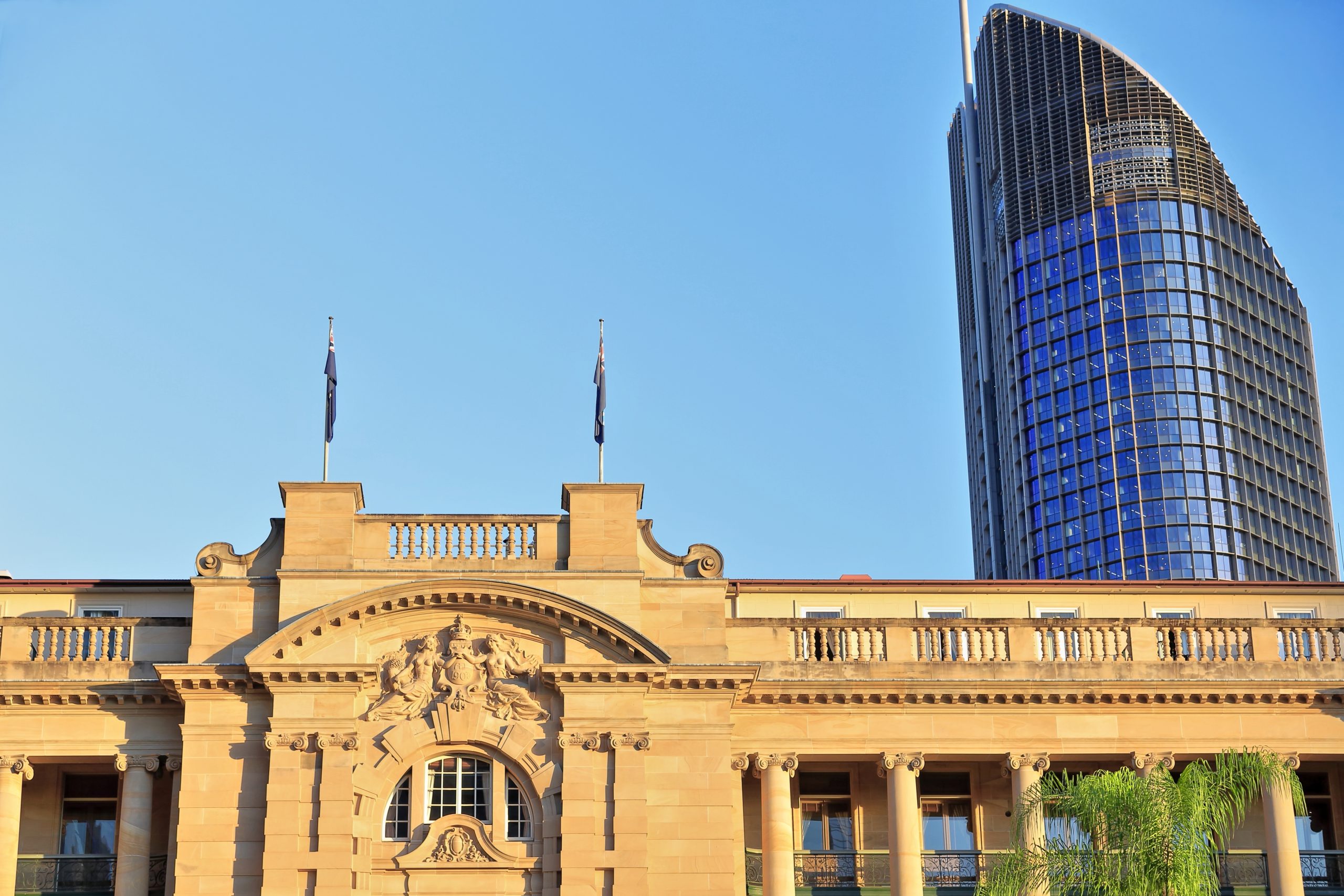The Inside Word

Let’s all calm the farm
It was sold as a panacea, a silver bullet. Four-year parliamentary terms in Queensland would ensure stability and foster long term policy development. It would maximise secure, predictable governance for public servants, business, and the community. The then Premier, a litany of academics and the commentariat all espoused the virtues of longer parliamentary terms punctuated by a set election date. The move was expected to end the constant cycle of election speculation and allow governments to focus on long-term policymaking rather than short-term political expediency.
The goal was to prevent governments from exploiting their power to call elections at politically advantageous moments, thereby ensuring a more predictable and stable political climate.
Advocates argued that fixed terms would allow governments to develop and implement their policies without one eye on re-election. This stability was anticipated to lead to more thoughtful and sustained policy development, as governments would no longer need to pivot towards short-term wins to secure electoral support.
As polling day in Queensland draws near at the end of our first four-year term, lived experience has fallen short of constitutional intent.
In reality, political party machines, politicians, candidates, and journalists have been in pseudo campaign mode since Labor’s leadership change last December. Brisbane Times even ran an article on October 25, 2023, entitled, “Major parties lay out their election-year plans. How will they get your vote?”. Our Constitution stipulates a 26-day campaign, not a 26-fortnight campaign.
This shadow campaign will have been active for an entire calendar year by the time Queenslanders cast their votes in October and policy and governance is poorer for it.
We at The SAS Group serve as the interface between government and our clients. This often includes the media and the community more broadly. This means we hold a privileged position at the pointy end of Queensland politics and business and our experience since last December demonstrates cut and thrust pseudo campaigning. Policy development, political engagement, fundraising, and decision-making have all been influenced by an election that was still a year out. There has been plenty of hand shaking and baby kissing, even if the actual campaign does not begin until October.
When electioneering becomes the norm, voters become even more disenchanted than they already are with the political process, feeling that substantive issues are overshadowed by partisan bickering and superficial promises. And as for long term policy development, well, we have not seen much of that (at least not yet).
While the election is still two and half months away, voter fatigue has kicked in already, business just wants the election over and journalists are trigger happy pressuring Opposition Leader David Crisafulli to drop a full suite of detailed policies months out from the poll. While he will need to do so soon, media articles were published in early 2024 demanding the release of a full policy platform. I could not help but think this reflected either political naivety on the part of journalists or the intentional politicisation of our first four-year parliamentary term counter to its stated goal of stability.
While I philosophically support four-year terms, let’s be realistic. Politicians are going to campaign. Journalists are going to run yarns that build hype. Public servants are required to do what they are asked by the government of the day.
To quote former Prime Minister Kevin Rudd, “we all need a Bex and a lie down”. The opportunity presented by four-year parliamentary terms ought not be wasted by the very thing they were introduced to preclude: political opportunism on the part of all actors in our state’s democratic process.


